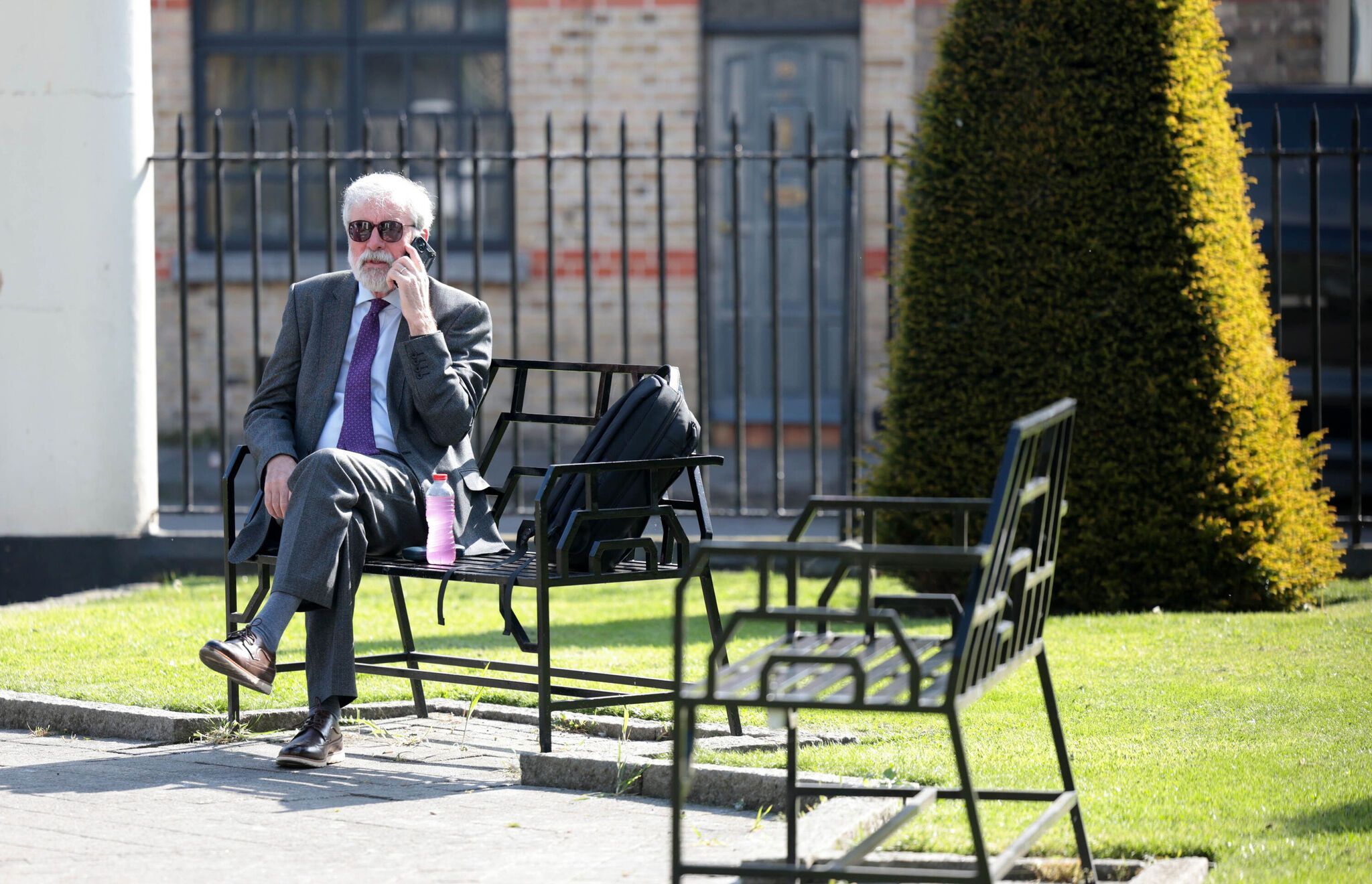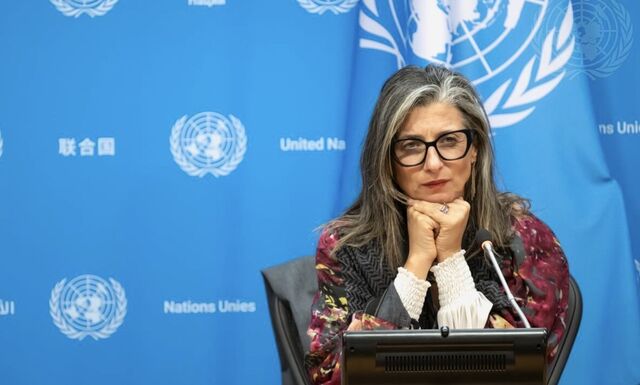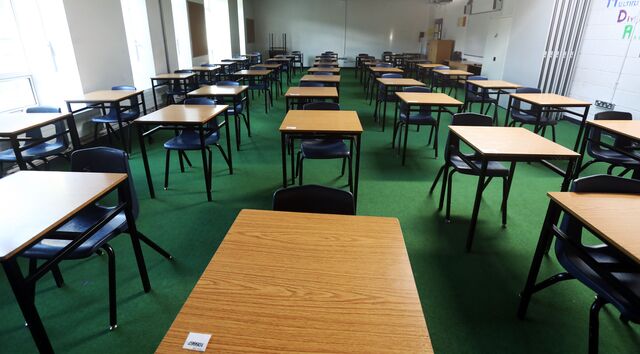WHAT is the BBC’s exit strategy in the scenario for a united Ireland? That was always a fair question.
However, since the Dublin court decision on Friday past that the BBC had acted in bad faith in hitting Gerry Adams with the asinine allegation that he was behind the murder of Denis Donaldson, it has become a very real part of the constitutional debate. Not just because the BBC presented the scurrilous claim in its primetime current affairs programme, nor indeed solely because it stood over that egregious libel for nine years; more because, when the courts found against the BBC, it responded as if it had just won the Nobel Prize.
For all but those unionist landlocked in our grim past, the BBC’s defence against Gerry Adams’ action came across as being loaded with partitionism, anti-republicanism and a snottery ‘How dare you drag us down here?’ attitude. In fact, perhaps we are being unduly harsh on unionists — even DUP leader Gavin Robinson raised an eyebrow at the BBC's behaviour.
While ostensibly focused on an allegation against Gerry Adams, the court case, by the BBC's choosing, became a crucible for narratives of the conflict. Theirs and ours.
We are expected to put up with threats made because a Border in the Irish Sea annoyed a minority of recidivist loyalists
And yet, the BBC's four-square defence of their role as effective stenographers for the British government only underlined the importance of debating the treatment of Irish citizens in our own country. It is, for example, incredible that yet another official report into the killing of an Irish citizen, another member of Sinn Féin, in his own country by unofficial pro-state actors, in concert with the official state forces, was published last week and it did not stop the clocks.
The Police Ombudsman produced a shocking report which, when taken with all of the others and the drip, drip of information from the courts, should read like a final nail in the coffin of the RUC's legacy.
Instead she is prevented from calling state direction, complicity and cover up by its name – 'collusion'. All of the victims were Catholic, nationalist and republican... but the poor RUC officers are worried about their reputation.
Militant loyalists, from the same organisations that killed Peter Gallagher and hundreds of others, fly flags in our nationalist majority city with impunity and its leaders can carry guns in their cars with a tut-tut and a slap on the wrist in response.
Those who supported Winston Irvine stroll on with their reputations intact. Questioning any of those involved in this scandal is apparently inconvenient. We are expected to put up with threats made because a border in the Irish Sea annoyed a minority of recidivist loyalists.
For the Irish population, and those with British identity considering the benefits of Irish unity, the constitutional debate is forward-looking, forgiving and founded on the belief that we should always extend the hand of friendship. To the point, sadly, where that generosity is taken for granted.
There is a prevailing narrative, and not a little expectation, that we have to give deference to the feelings of those that have harmed us and ignore the treatment we received.
Look at the treatment of Professor Colin Harvey, whose job in Queen's University was open to public comment purely because he researches, writes and advocates for constitutional change. The BBC did a vox pop on his position.
There is a deliberate framing of Irishness and republicanism as contentious.
Ultimately, this is about the official opposition to a new united Ireland. For the pro-British establishment, including the BBC, there is no equality of citizenship post-Good Friday Agreement.
Irish citizenry is only to be tolerated if it knows its place.
Fortunately, we do know our place and it's not where the BBC and the defenders of Britain's shameful legacy in the North would like it to be.







